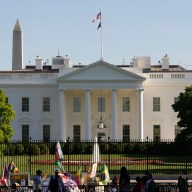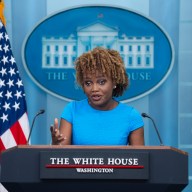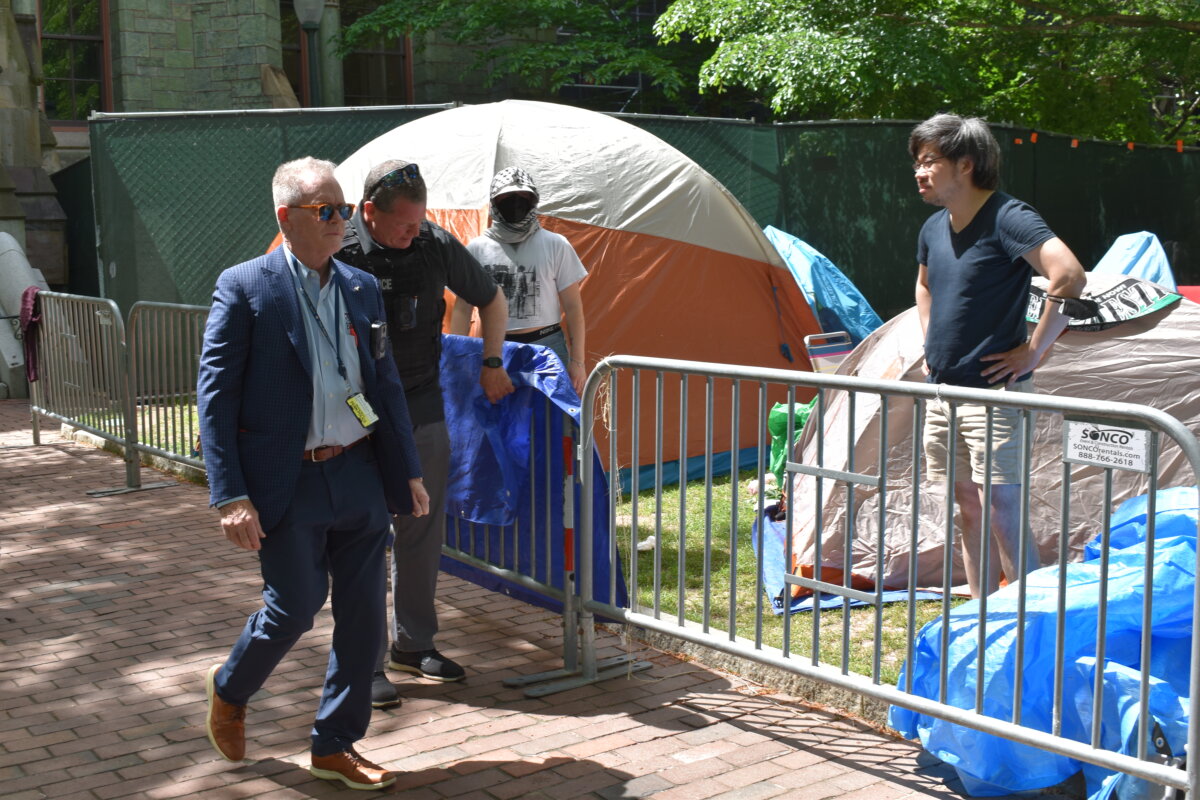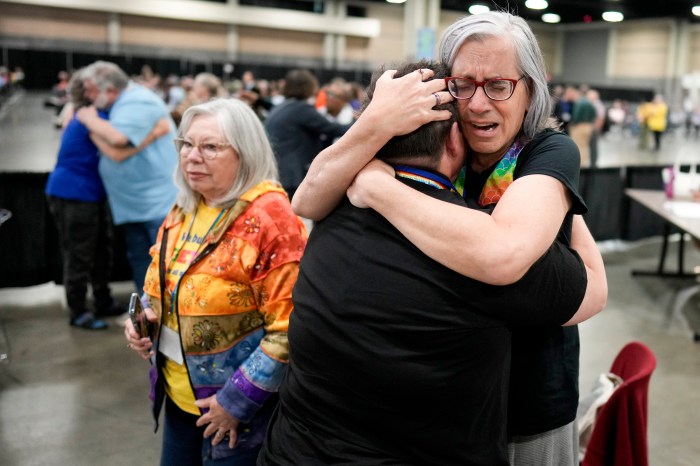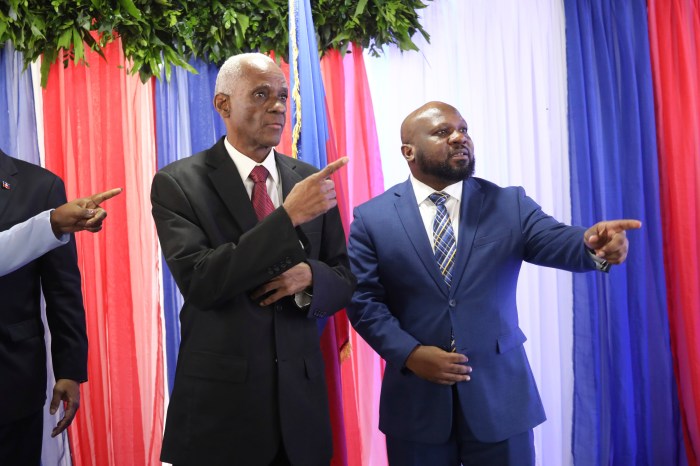For 21 Inuit women in Nunavut, receiving their master’s degrees in education isn’t just a personal success, it’s a historic event marking the beginning of a bright future for the territory.
The 21 female educators were recently awarded the first graduate degrees ever presented in the young Canadian territory, proving that determination and hard work can make possible the goal of having Nunavut’s education system one day run by its own people.
The recipients all successfully completed a three-year masters of education program led by the University of Prince Edward Island and also administered by Nunavut Arctic College and St. Francis Xavier University and funded by the Nunavut government.
Dr. Fiona Walton, a professor of education at the UPEI who helped create the degree program, says the biggest challenge was to deliver an academically rigorous program with a high standard of scholarship, presented in both English and the native Inuit language of Inuktitut.
She says the students not only rose to the challenge but excelled in the program.
“English is a second language for every one of these graduates and they’ve worked very, very hard to get these degrees. The quality (of scholarship) is there,” Walton said.
From the program’s start in 2006, students undertook a combination of face-to-face classes and online learning over three years to make it possible for them to earn their degrees without having to travel away from Nunavut.
“One of the things we were committed to was that students wouldn’t have to leave Nunavut, we would come to them. The ultimate goal is that the educational system in Nunavut will be run by Inuit,” Walton said.
Walton, who lived for 15 years in Nunavut, conducted a survey of Nunavut educators in 1995 that showed educators in Nunavut were desperate to pursue advanced qualifications but simply couldn’t leave their families to study in the southern parts of the country, leaving senior educational positions in the territory held by southerners. She saw a burgeoning need and decided to do everything she could to fill the educational void left in Nunavut.
“They needed to have professional learning brought to them — there’s almost no expertise about Inuit education in Canadian Universities,” Walton said.
Shuvinai Mike, one of the 21 graduates, believes the degrees she and her classmates have received signal a shift towards Inuit values in Nunavut’s education system.
“These degrees will help our people to enter leadership roles and say that our values and ways are the best ways for our people. That cultural identity really has to be part of the school system. We can now put a voice to our ways,” Mike said.
Millie Kuliktana, another graduate of the program and executive director at a school in western Nunavut, told The Globe and Mail she hopes her and other graduates’ example can inspire others to pursue leadership in education.
“Education is the foundation of anything we set out to do. We have shown what can be done,” Kuliktana said.
For Walton, graduates like Kuliktana signal a new way forward for Nunavut’s educators.
“People are saying it was a transformational learning experience for them — they’re really learning who they can become now as educational leaders.
“They’ve created their own vision together,” Walton said.







